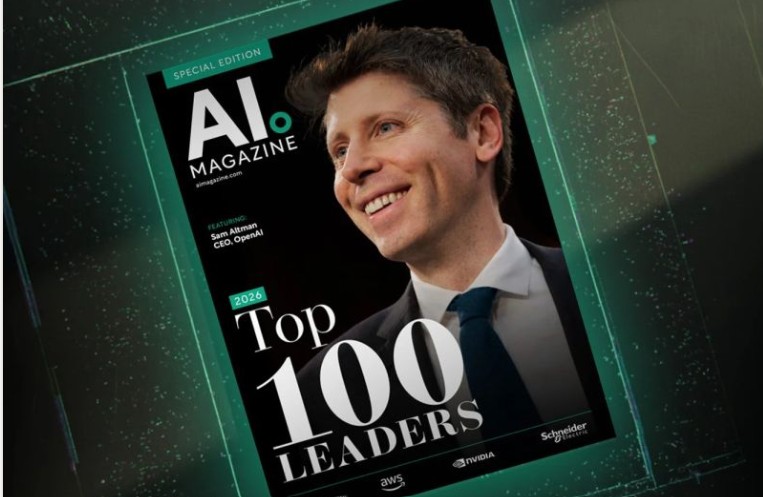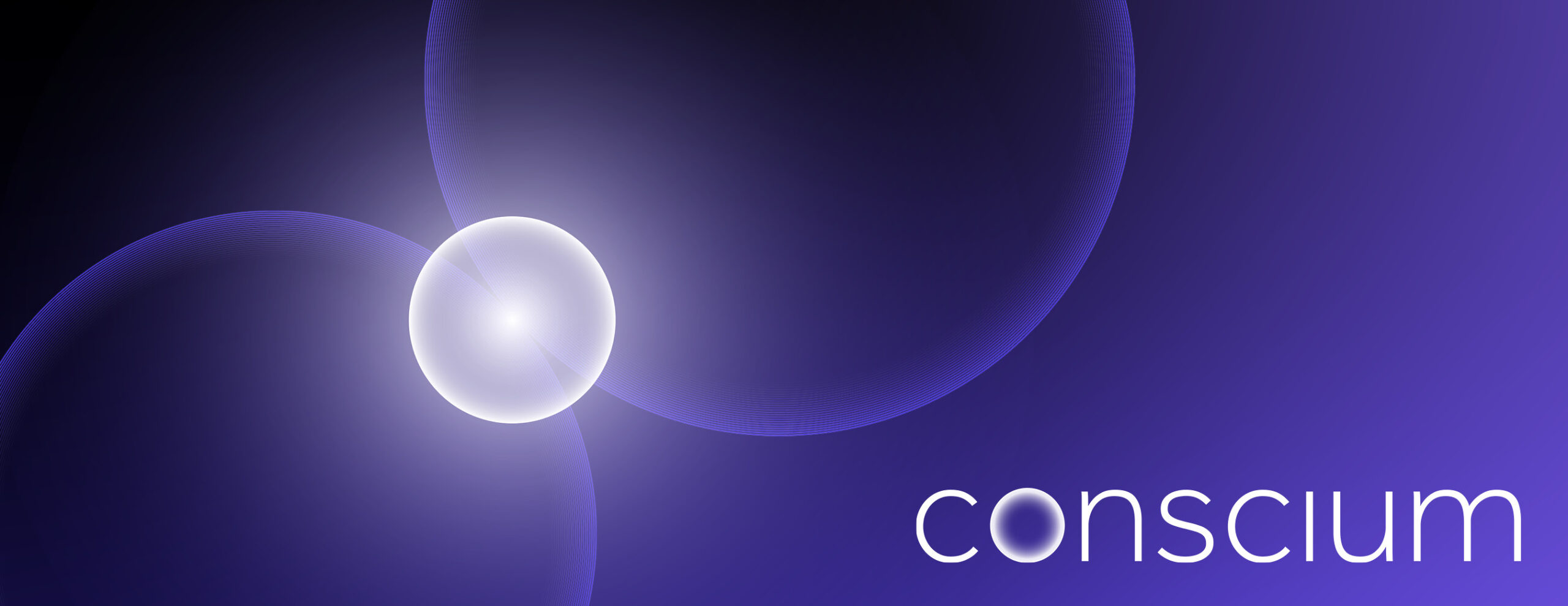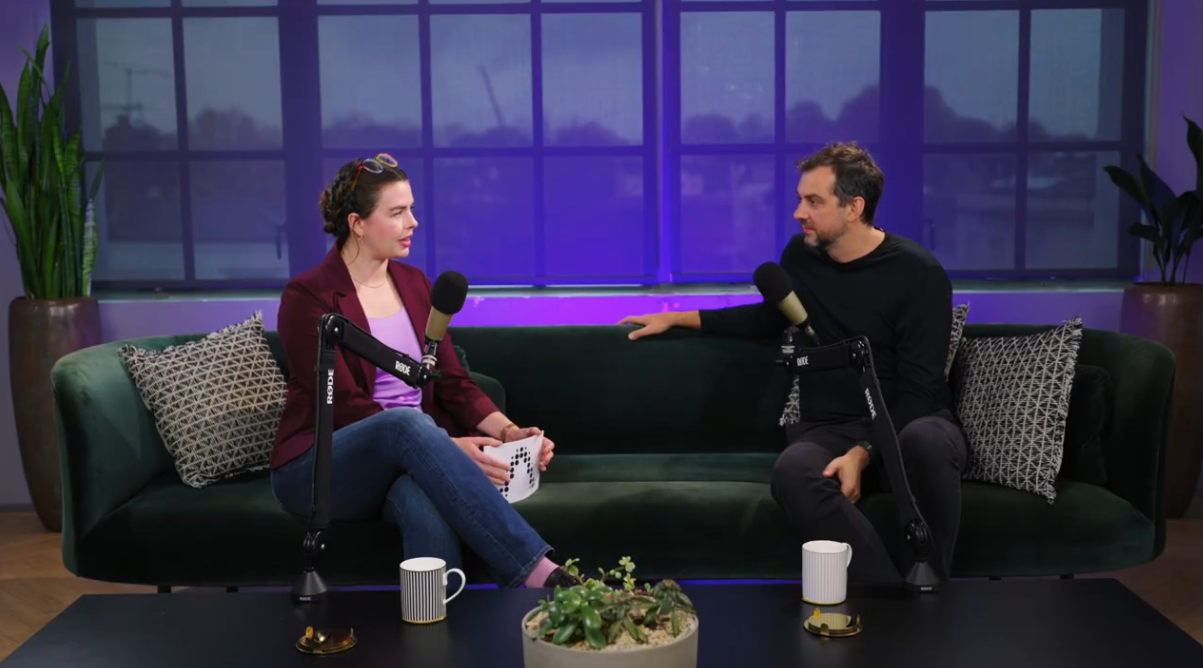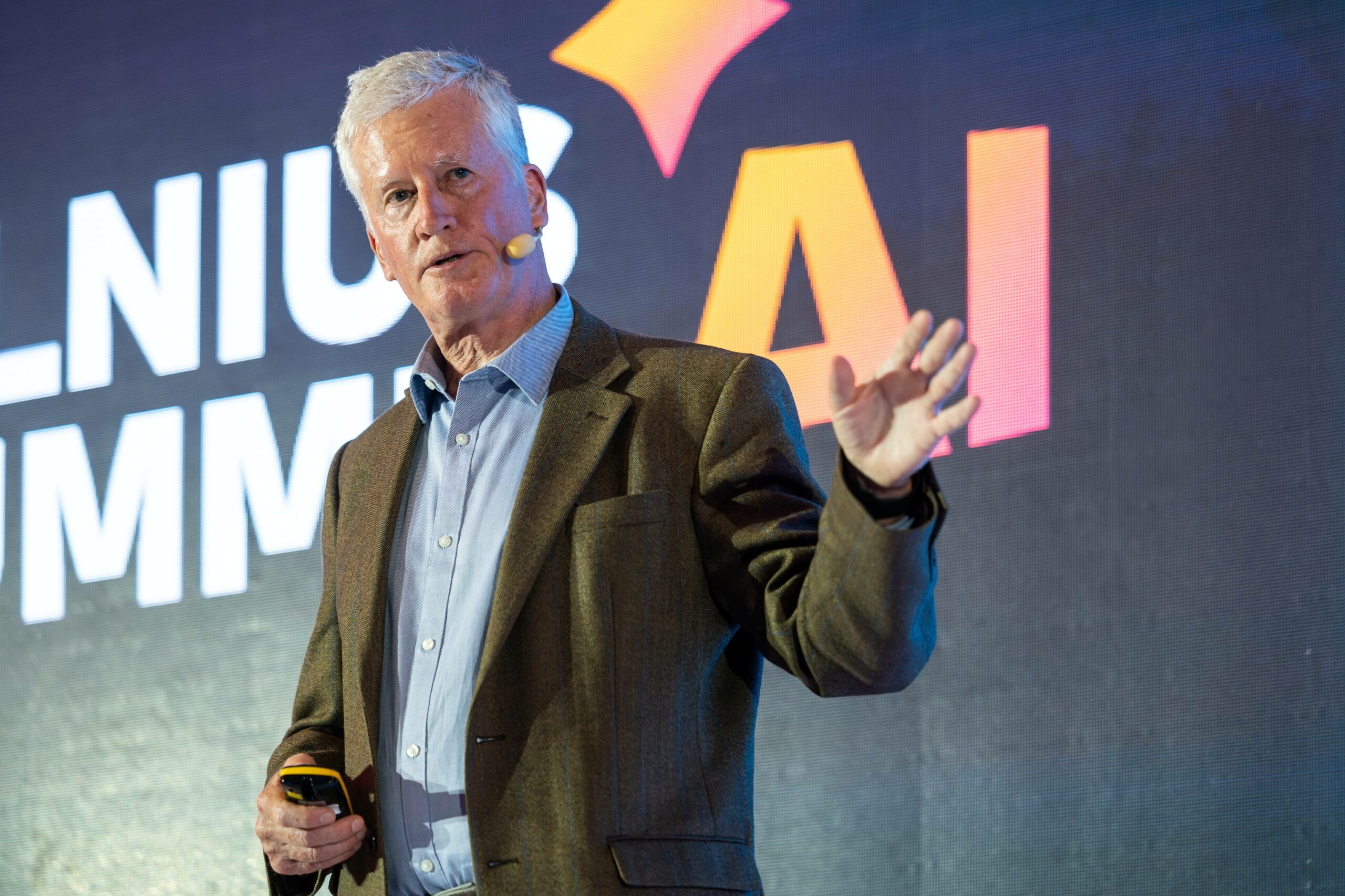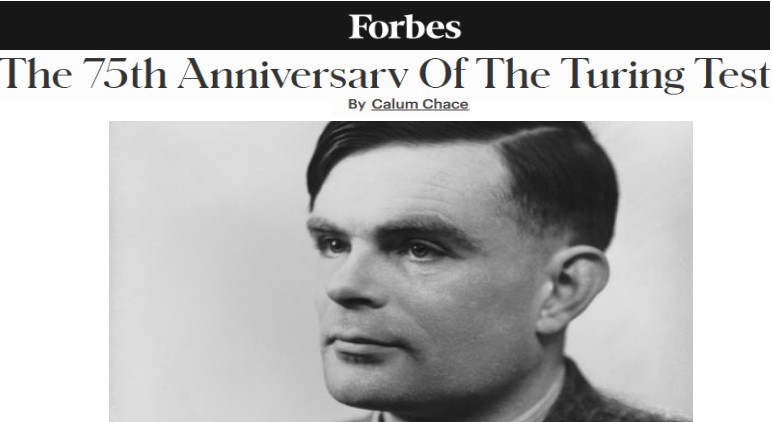About us
Pioneering Safe, Efficient AI.
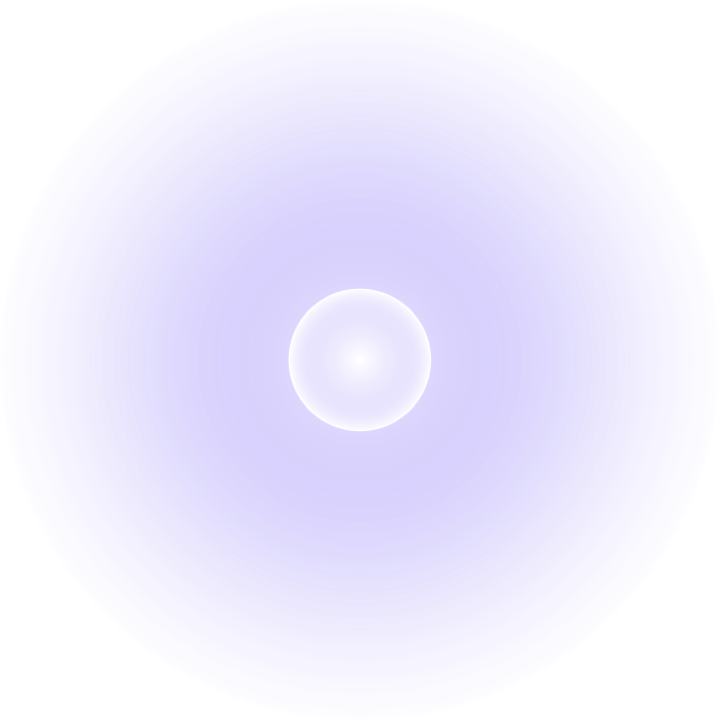
Meet our team
The Conscium team brings to bear many decades of experience in AI, artificial life, software development, and creating and scaling organisations. It is led by Dr Daniel Hulme, who co-founded an AI consultancy in 2012 and sold it a decade later to WPP for $100m.
Dr. Daniel Hulme is a pioneer in Artificial Life, spanning both neural networks [modelling bumblebee brains] and computational complexity.
Daniel sold his AI business, Satalia, to WPP in 2021.
He is now WPP’s Chief AI Officer, and Entrepreneur-in-Residence at UCL WPP is a co-founder of Conscium
Dr Daniel Hulme
An expert in spatio-temporal computation and neural architectures for multi-modal data, he currently leads
Satalia’s data science team, and serves as the technical lead for WPP’s AI programme.
Dr Ted Lappas
An expert in evolutionary computation and data-driven optimisation. He currently leads WPP’s AI Research Labs.
Dr Panagiotis [Panos] Repoussis
Ed Charvet is a serial entrepreneur who has also directed strategy for large multinationals and served as COO.
He advises private equity firms and is an angel investor.
Ed Charvet
Calum Chace spent 30 years in business, mostly in strategy consulting. He has written several best-selling books on the future of AI, and has given keynote talks in over 20 countries. He advises governments and companies on AI policy.
Calum Chace
Meet our advisors
The Conscium advisors bring to many decades of experience in AI, artificial life, software development, and creating and scaling organisations.
Anil is professor of Cognitive and Computational Neuroscience and Director of the Centre for Consciousness Science at the University of Sussex. He is also Co-Director of the Canadian Institute for Advanced Research (CIFAR) Program on Brain, Mind, and Consciousness. He is among the most cited scholars on the topics of neuroscience and cognitive science globally, and a renowned expert in consciousness science. He is also recognised for his public engagement: he wrote the Sunday Times bestseller Being You – A New Science of Consciousness, his two TED talks have over 16 million views, and in 2023 he was awarded the Royal Society Michael Faraday Prize. www.anilseth.com
Anil Seth
Anthony is the President of City St George’s, University College London (UCL). Until 2021 he was Chief Scientific Adviser for National Security to the UK government. His research has focused on requirements engineering, formal methods, and the intersection of software design with human and organizational factors. His work has significantly influenced the development of complex software systems in applications ranging from safety-critical systems in healthcare to large-scale infrastructure projects.
Anthony Finkelstein
Benjamin Rosman is a Professor in the School of Computer Science and Applied Mathematics at the University of the Witwatersrand, South Africa, where he runs the Robotics, Autonomous Intelligence and Learning (RAIL) Laboratory. In 2024, he became the founding Director of the Machine Intelligence and Neural Discovery (MIND) Institute at the University of the Witwatersrand, focused on the fundamental science of intelligence in machines, humans, and animals. He is also a founder of Lelapa AI, building AI for Africans, by Africans.
He received his Ph.D. in Informatics in 2014, and previously obtained his M.Sc. in Artificial Intelligence, both from the University of Edinburgh. His research interests focus primarily on reinforcement learning and decision making in autonomous systems, specifically on knowledge generalisation and abstraction.
He is a founder and organiser of the Deep Learning Indaba machine learning summer school, with a focus on strengthening African machine learning, which now has satellite events in 47 African countries. He was made a 2024 National Geographic Explorer, 2022 CIFAR Azrieli Global Scholar by the Canadian Institute for Advanced Research, in Learning in Machines and Brains, was a 2017 recipient of a Google Faculty Research Award in machine learning, and a 2021 recipient of a Google Africa Research Award. In 2020, he was made a Senior Member of the IEEE.
Benjamin Rosman
David is a prominent futurist, author, and speaker. He is chair of the London Futurists group, and co-host of the London Futurists podcast. Through his writing and his advocacy, he is influencing the public debate on how neuroscience-driven technologies, such as brain-computer interfaces and neuroprosthetics, can transform human abilities and well-being.
David Wood
Jonathon is an Associate Professor in the Department of Mathematics and Applied Mathematics at the University of Cape Town, South Africa and the director of the UCT’s AI initiative. He is also an Adjunct Professor at the INRS in Montreal, Canada. His research focus is on how we can use the understanding of the brain to improve AI systems as well as how we can use the study of AI systems to better understand the brain. With a background in theoretical physics, a large part of his focus is on the study of the dynamics and behaviour of intelligent systems in complex environments, from human brains to artificial agents.
Jonathan Shock
Karl is a professor of neuroscience at University College London. He is a world authority on brain imaging and theoretical neuroscience. Over 90% of papers published in brain imaging use his method (Statistical Parametric Mapping, or SPM). In theoretical neuroscience, he is the main architect of the free energy principle and the related concept of active inference. He is one of the field’s most highly cited scientists, with a long list of awards, prizes, fellowships and honorary doctorates. In 2016 he was ranked by Semantic Scholar as the world’s most influential neuroscientist.
Karl Friston
Mark holds the Chair of Neuropsychology at the University of Cape Town, and is president of the South African Psychoanalytical Association. He has contributed significantly to our understanding of consciousness through his pioneering research in the field of neuropsychoanalysis, a term he coined, which seeks to bridge the gap between neuroscience and psychoanalytic theory. He is a prolific author and educator, having published numerous books and articles that explore the intersections between brain science and the psychodynamic mind.
Mark Solms
Megan is Associate Professor in the Department of Cognitive Sciences at University of California Irvine, or UCI. She is also a Fellow Fellow in the Canadian Institute for Advanced Research Brain Mind and Consciousness program, and co-founder and President at Neuromatch. Megan researches how the brain represents and uses uncertainty, and how it performs adaptive computations based on noisy, incomplete information. Her tools include neuroimaging, computational modelling, machine learning and neural stimulation techniques.
Megan Peters
Moran is a professor of neuroscience and business (Columbia University) and the Alfred P. Sloan professor of screenwriting (Academy of Motion Picture Arts and Sciences). His academic research uses methods from neuroscience to understand the underlying mechanisms of our psychology, behaviour changes, emotions, decisions and dreams. Moran studies patients undergoing brain-surgery by recording the activity of individual nerve cells using electrodes implanted in the patient’s brain. Using this method, Moran addresses questions such as: “How are conscious percepts formed in our brain?”, “Can we control our dreams?”, “How can we control our emotions?” and “What makes experiences engaging for the brain?”. Moran spent a decade working in the Israeli cybersecurity space as a hacker and has had an extensive career in the tech industry. Moran published papers in academic journals such as Nature and the Journal of Neuroscience, as well as popular science journals such as Scientific American Mind, Wired, New Scientist and more. He has published several books, including the recent: “Brain Imaging: An Illustrated Guide to the Future of Neuroscience”, and his research has been portrayed in numerous media and cultural outlets such as Fox, BBC, Bloomberg, NPR, Time, CNN, Netflix Explained, PBS Nova, and dozens of others. He has been featured in venues such as the Venice Art Biennial and China’s Art, Science and Technology association, and has contributed to magazines such as Forbes, The Atlantic, Inc., and others. He has made much of his research accessible to the public via his public talks at PopTech, TED, TEDx (“most TEDx talks worldwide”, with 13 TED/TEDx talks), Google Zeitgeist, DLD, etc., gathering millions of views and a large following. Most importantly, he is right-handed.
Moran Cerf
Nicholas is emeritus professor of psychology at the London School of Economics and Bye Fellow at Darwin College Cambridge.. His work has focused on the evolutionary basis of consciousness and social intelligence. He was the first scientist to demonstrate the existence of “blindsight” after brain damage in monkeys, and he originated the theory of the “social brain”, arguing that the chief driver of brain evolution in human ancestors has been the need to acquire a “theory of mind”, centred around phenomenal consciousness. His work is interdisciplinary, bridging psychology, neuroscience, and evolutionary biology. His recent book “Sentience” offers a solution to the problem of how phenomenal consciousness arises in a material brain.
Nicholas Humphrey
Nicky is Professor of Comparative Cognition at the University of Cambridge and a Fellow of the Royal Society. She is renowned for her pioneering research in the field of animal cognition, particularly in birds. Her groundbreaking studies on the cognitive abilities of corvids, such as scrub jays and crows, have advanced our understanding of memory, planning, and theory of mind in non-human animals, demonstrating that these birds possess complex mental processes previously thought to be unique to humans.
Nicola (Nicky) Clayton
Nikola is professor emeritus of knowledge engineering, and the founding director of the Knowledge Engineering and Discovery Research Institute (KEDRI) at Auckland University of Technology in New Zealand. He is the Director of Knowledgeengineering.ai. Kasabov has contributed to the field of computer science by introducing evolving connectionist systems (ECOS) and the brain-inspired spiking neural network architecture NeuCube for spatio-temporal data modelling, achieving superior accuracy and explainability on neuroimaging brain data, multisensory and multimodal signal processing, personalised modelling in neuro- and bioinformatics.
Nikola Kasabov
Steve recently retired as ICL Professor of Computer Engineering at the University of Manchester. He was one of the lead designers of the ARM microprocessor architecture, which has become the most widely used processor architecture in the world, powering billions of devices, from smartphones to tablets and beyond. He has made fundamental contributions to neuromorphic computing through the SpiNNaker project, which aims to simulate the workings of the human brain by creating a massively parallel computing architecture.
Steve Furber
Suzanne is a strategist, writer and AI researcher. She has a PhD in Philosophy from the University of Warwick focusing on cybernetics, visual perception and pre-cognition. Her work draws on non-Western ideas about AI and consciousness, and she was co-curator of “AI: More than Human” at the Barbican Centre in London – the first major review of the past, present, and future of AI in a museum, now on international tour. As Global Principal at Wolff Olins, Suzanne advised on brand and business strategy for Sony, Playstation, Ericsson, The Guardian, London Olympics 2012, amongst many others. She is now an independent consultant helping people and organisations thrive in an AI future.
Suzanne Livingston

Advancing our understanding of what it means to be human.
Conscium has seeded the creation of PRISM, the Partnership for Research Into Sentient Machines.
Join our Conscious AI meetup to stay informed about events.
Get in touch


